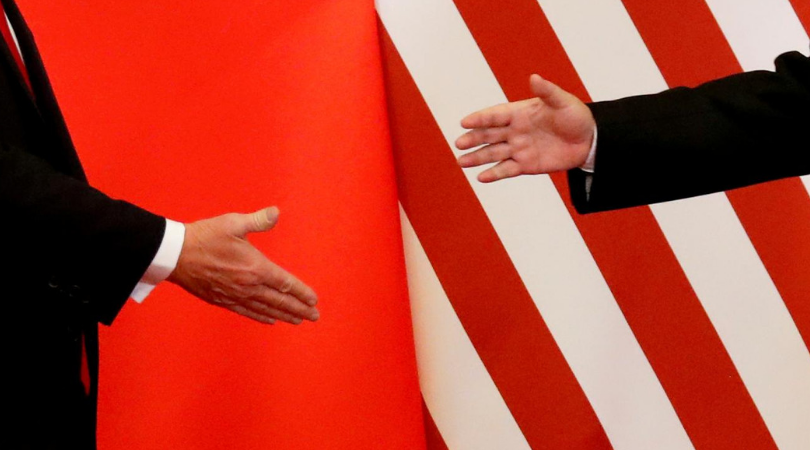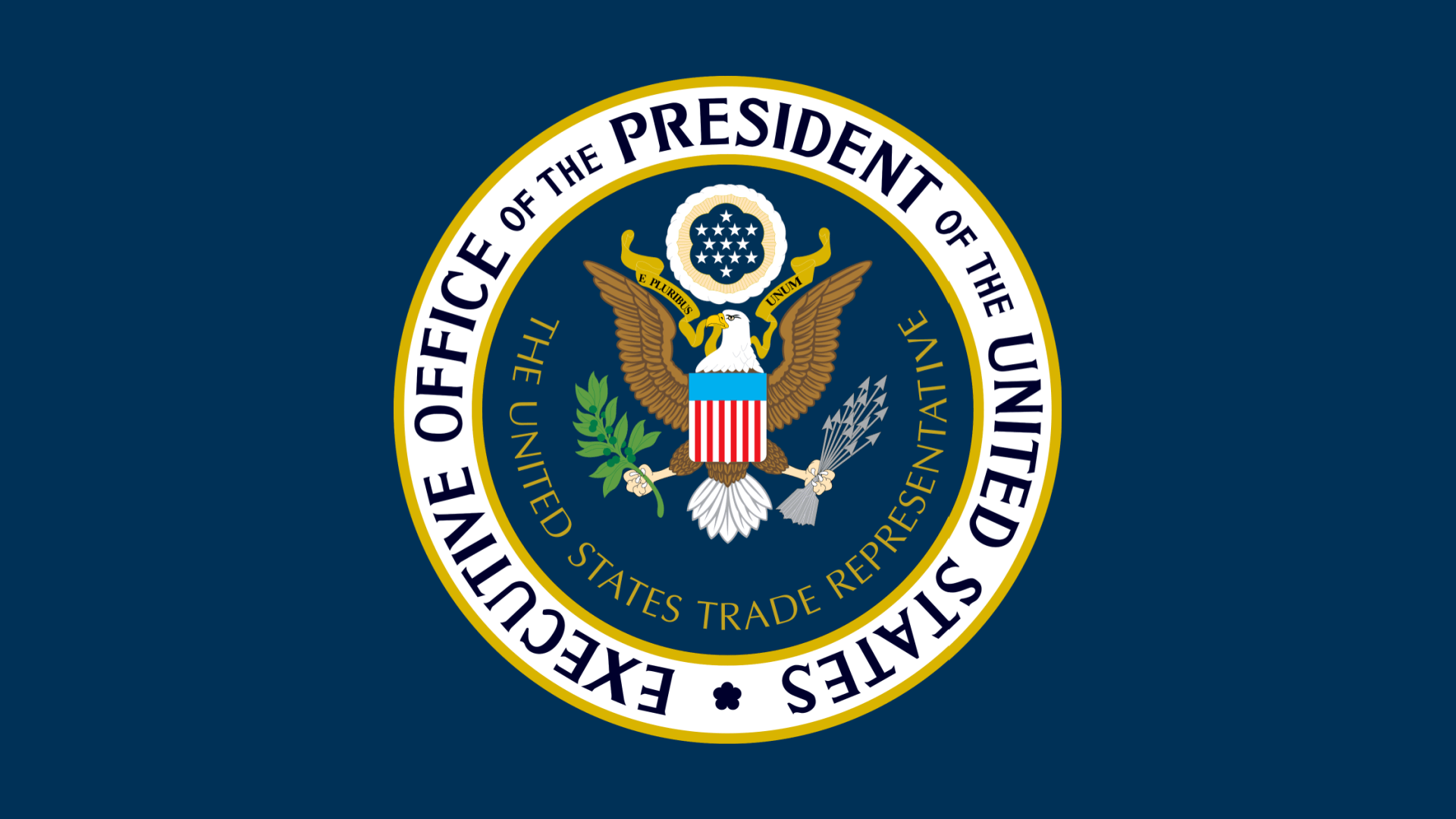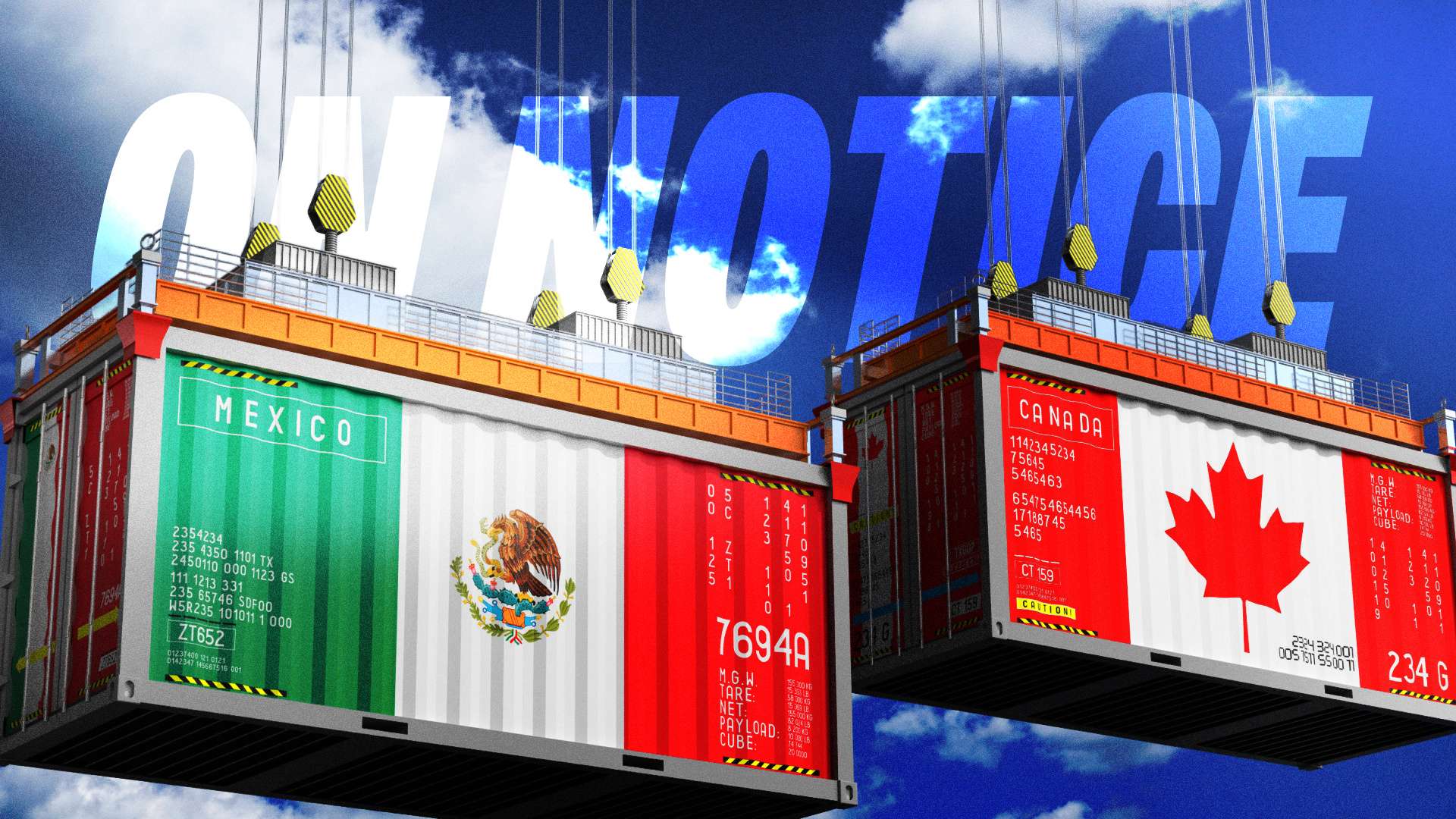Editors note: Insight from Hong Kong on the US-trade conflict which is about more than trade.
Billionaire Jimmy Lai says Beijing needs a deal.
[James Freeman| July 15, 2019| WSJ]
During a visit to the Journal this morning Mr. Lai described the trade dispute with the U.S. as a “crisis” for China and said that the Beijing regime needs to cut a deal to reduce tariffs. Hours earlier, the release of official quarterly economic data suggested that China’s government has a strong incentive to come to terms with the U.S. The Journal’s Chao Deng shared the news from Beijing:
China’s economic growth decelerated to its slowest pace in decades, weakened by trade tensions with the U.S. and businesses that held back from making big investments despite encouragement from Beijing.
The economy grew by 6.2% in the second quarter, down from 6.4% in the period before, official statistics showed Monday. Growth was slower than the 6.3% year-over-year rate forecast by economists.
Of course U.S. workers would love to have growth anywhere near 6%, but for China it was the worst quarter since 1992. And in the New York Times, Keith Bradsher suggests that the period ended a lot worse than it started:
… much of the growth in the quarter may have taken place in April and early May, when public confidence was higher because of a tax cut in March and heavy infrastructure spending as spring began. Trade talks broke down on May 10 and President Trump raised tariffs sharply on Chinese goods, a step that damaged consumer confidence within China. Growth early in the quarter also would have taken place before the contentious government takeover of a bank in late May hurt financial confidence.
Chinese officials on Monday acknowledged that conditions are becoming increasingly difficult.
… Monthly economic data, particularly for imports, suggests that the second quarter started strong but then slowed. “There was certainly a surge in activity through April,” said George Magnus, a longtime specialist in the Chinese economy who is now at Oxford University. “Something happened in May.”
Something is clearly happening among American executives who have been doing business in China. Over the weekend, the Journal’s Austen Hufford and Bob Tita reported:
U.S. manufacturers are shifting production to countries outside of China as trade tensions between the world’s two biggest economies stretch into a second year.
Companies that make Crocs shoes, Yeti beer coolers, Roomba vacuums andGoPro cameras are producing goods in other countries to avoid U.S. tariffs of as much as 25% on some $250 billion of imports from China. Apple Inc.also is considering shifting final assembly of some of its devices out of China to avoid U.S. tariffs.
Furniture-maker Lovesac Co. is making about 60% of its furniture in China, down from 75% at the start of the year. “We have been shifting production to Vietnam very aggressively,” said Shawn Nelson, chief executive of the Stamford, Conn., company. Mr. Nelson said he plans to have no production in China by the end of next year… “Once you move, you don’t go back,” Mr. Nelson said.
Of course moving supply chains in response to new tariffs imposed by Washington is hardly cost-free for the U.S. The consensus among professional economists is for a lousy report of slow GDP growth in the U.S. for the second quarter. If the American economy doesn’t accelerate, Mr. Trump can expect a rough reckoning at the polls in November of 2020.
But how much time does Chinese strongman Xi Jinping have to fix his trading relationship with the U.S.? His regime doesn’t allow free elections, but that doesn’t mean he can’t be relieved of command. A month ago the Journal’s Jillian Melchior interviewed Mr. Lai in Hong Kong:
Mr. Lai believes Mr. Xi is more vulnerable than he looks. Since 1949 the Chinese Communist Party has been a game of thrones, with the toughest political operators prevailing. But Mr. Xi abolished presidential term limits, concentrating power like no leader since Mao. Mr. Lai likens him to a king or emperor presiding over a feudal system: “The government becomes a court government, the same as in the old times.” That makes enemies of those shut out of power: “Whenever they see opportunity, they will fight back.”
Mr. Lai describes Mr. Xi as “definitely a hard-core Communist” who looks especially strong because technology gives him “a power of controlling the people unprecedented in human history.” China is creating a surveillance state, using high-tech to track faces, movement and associations.
But Mr. Lai believes Mr. Xi is overreaching: “When you have concentrated all the power on yourself, you’re also concentrating all the responsibility on yourself. Every mistake becomes your mistake. When you have shared power, you have shared responsibility.” Mr. Lai doesn’t rule out an internal coup because Mr. Xi is holding “an impossible job.”
Holding on to his job may indeed prove impossible for Mr. Xi if he can’t keep global manufacturers in China.
***
Read the original article here.













